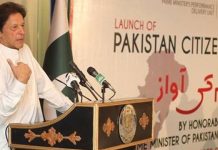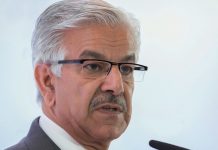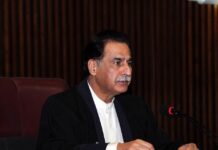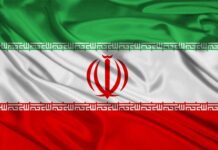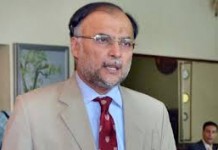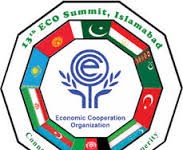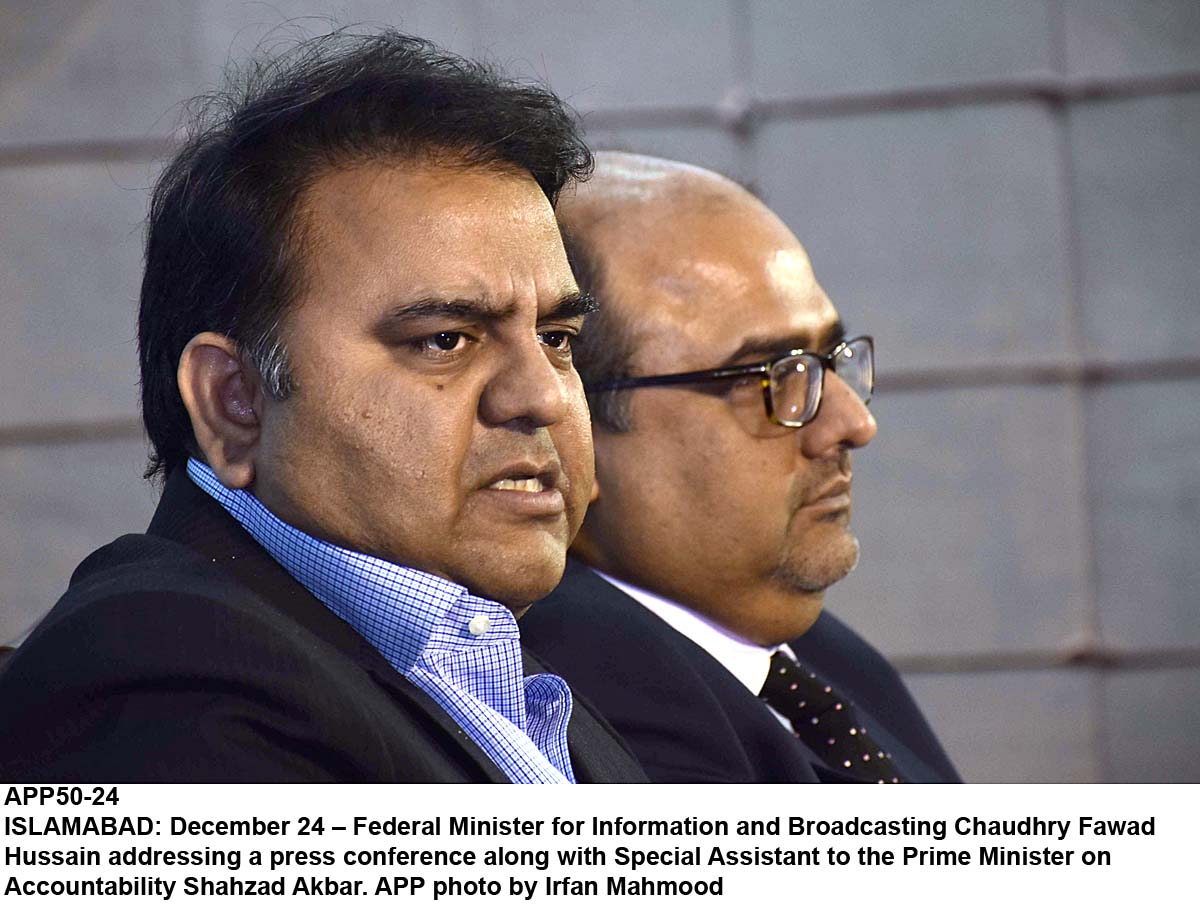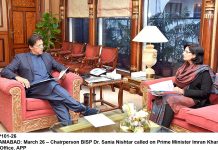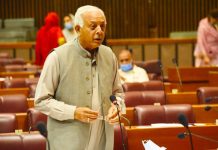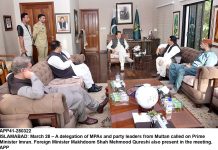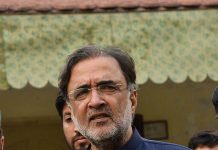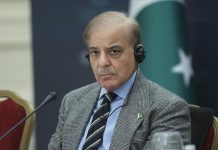KARACHI: Higher Education Commission (HEC) Chairman Professor Dr Mukhtar Ahmed Pakistan has said that in the near future Pakistan will have smart classrooms, where – maybe in ten years – robots and online information would teach the students.
He was delivering his address on a video link from HEC Secretariat, Islamabad on the occasion of the opening ceremony of two days mega International conference entitled “Pakistan Computer Society Congress 2017” organised by KU Computer Science department and IEEE Karachi section at HEJ -ICCBS Auditorium KU.
He said that we’ve always urged different professors to deliver lectures all around the country to different institutions since the concept of video link has occurred as a blessing enabling the feeling of proximity in the masses. “We need to get all sorts of technology to the local Pakistani people,” he said while telling that the government too is playing its part in supporting science and technology. He stood firm on the decision of establishing more and more R&D centres in the University of Karachi and further said ‘We will bring all kinds of technology to Pakistan and this country will never stay a single step behind’.
Prof Dr AttaUr Rehman, former chairman HEC said that countries invested heavily in education are getting the fruits of education by having world’s leading economies after experiencing massive growth in the industrial and scientific sectors. The extent of darkness that prevails in the developing countries is apparent from the fact that while 90 Nobel prizes have been awarded to the faculty members of only one university of UK, University of Cambridge and 32 Nobel prizes have been awarded to just one college of this university, Trinity College, not a single Nobel prize has ever been won by a single scientist working in an Islamic country which depicts that we still live in dark ages.
University of Karachi Vice Chancellor Prof Dr Ajmal Khan said, “You cannot really live without computers.” While explaining his nearness to the use of computers, he said that his priority is to support, invest and improve all kinds of computer technology.
The Vice Chancellor added that in today’s world we can’t imagine our life without computers; contemporary age is of computers and robots will replace human workforce and labour in the near future. Rapid developments in the computing and information technology sector are dramatically boosting up the growth of industrial activities, which demands a high intake of competitive researchers, scientists and professional belonging to the computer science field”, added the vice chancellor.
Strong nations build their own pathways and struggle to achieve their goals no matter how difficult the circumstances are. A complete paradigm shift in our attitude towards achieving our goal of excellence in the field of science and technology is the actual dire need of today.
Earlier, KU computer science department Chairman Dr M Sadiq Khan, Congress secretary, Chair IEEE Computer society Karachi Section took the rostrum for a formal welcome address where he thanked all the guests. He added that the aim of this conference was to bridge the gap between academia and computer professionals. The objective is to exchange the art from professionals to students.
His address was followed by a video message by Karen Bartleson, president IEEE 2017 in which she emphasized that this world is full of oceans and the oceans of technology are getting vast with the passage of time. She further advised the young IT and computer experts to implement their research and development with overall integrity and ethics. In the end, she congratulated the attendees and wished them good luck saying, ‘Have a great computer society congress!’
Prof Dr Bhawani Shankar Chaudhary. Dean faculty of engineering Mehran University Jamshoro then praised Dr. Sadiq Ali Khan because this congress was the first of its kind of event of computer technology on this large scale. He said that everything can be turned into reality and he quoted Dr. Haroon Rasheed who said once that determined students can perform wonders in any field. “The poor are getting poorer; meanwhile the rich are getting richer. We need determination to see the daily issues and create job opportunities,” he said, while emphasizing on the significance of creating opportunities.
Tokyo’s Waseda University President Hironori Kashahara was also addressing the students through video link and in his talk he introduced a multicore architecture and its software to automatically parallelize and reduce the power of the embedded to high-performance computing application programs.
Prof Abzetdin Adam- Associate Professor, Computer Engineering, University Azerbaijan said Internet services, web and mobile applications, pervasive communication widely available today that are meeting many of our needs have stimulated production of tremendous amounts of data. At the same time, the value of big data lies not in the volume, but in the right approach, technology, tools, platform and architecture, those being used to store, process and analyze big data. Concluding his session he ensured Azerbaijan will collaborate with department UBIT KU to organize further events.
Falcon Engineering Group President and CEO Tahir Chaudhry said that Universities play a vital role in shaping and reshaping the society along with supporting the industries through conducting research. Students need to conduct research on the prevailing issues in Karachi, they need to get themselves associated with the societies like Computer Science Society-one of the biggest societies in Pakistan to grab opportunities. There are around 1400 software houses and 6 to 7 telecom companies that need the bulk of computer science graduates but we fail to deliver them the desired product and bridge the gap. He advised the students to groom themselves for a job and get them enrolled in any society as this would contribute to their learning.
Sarang Sheikh, IEEE MADC Chair 2017 launched the contest in the congress named IEEE MADC, where students will not only get the opportunity to win but get themselves recognized globally by the ideas they generate in the application development. He brought in the notice that the contest first started in 2013 as a university project and now it has been globalized and he is the first Pakistani to work as the global chair. IEEE Contest is mobile development contest application. All the students across the globe can participate and win as developed mobile applications are applying technology for humanity and focused to benefit technology, science or education. It envisions the students to promote themselves using this platform. Apple, Blackberry, windows and many more forums are open for the students to develop their applications for.

